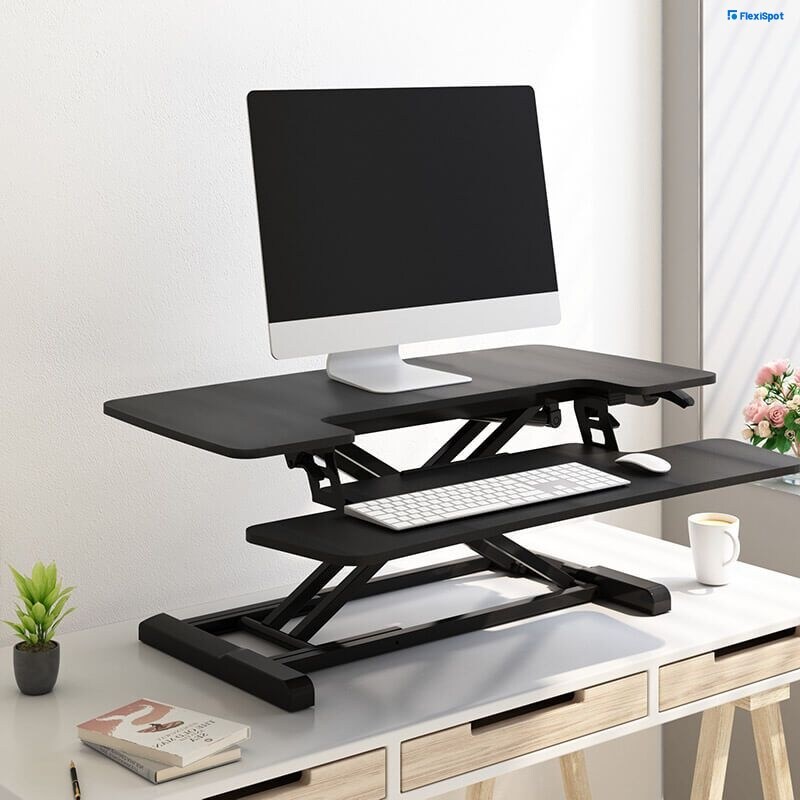I started obsessing over coffee back when I was in college. I had a full load at that time and needed to submit requirements for all my subjects. Add to that all the exams I had to study for and my commitments to the organizations I held positions for. I didn’t know if I was juggling too much at that time but I needed at least five to six cups of coffee to function in a day. It keeps me awake and alert during my classes, and it was a habit that I took with me even after graduation and now that I work as a therapist and am pursuing masteral studies. For me to meet all my obligations, I know my daily coffee fix is a must.
It’s the same for millions of Americans, as statistics show. Last 2020, even when the pandemic hit, 64% of American adults consumed coffee a day which equals to about 400 million cups of coffee consumed. With that figure alone, we know that the US, given its big population, is one of the top coffee-consuming countries in the world. Aside from helping us stay awake, have you ever thought of the benefits you get from coffee? Is it even good for the body to begin with? Here we discuss the benefits you get from drinking coffee as well as the risks if you take too much in a day. Before we proceed, note that the FDA says that moderate coffee intake in a day should be about 4 cups of coffee.

Benefits of Drinking Coffee
1. Coffee is rich in antioxidants.
According to multiple studies, coffee has more antioxidants than green tea and cocoa. In particular, you can find the antioxidant polyphenols in most coffee beans. Why are antioxidants good for your body? It aids in protecting the cells from damage and removing waste that causes inflammation in the body. This results in coffee drinkers being protected from metabolic syndrome.
Also found in most coffee beans is the chlorogenic acid that could prevent a cardiovascular disease from developing.
2. Coffee reduces the risk of type 2 diabetes, Alzheimer’s and Parkinson’s disease, heart disease, and cancer.
Coffee will help regulate your blood sugar levels. It helps the body in using insulin and protects the cells that produce insulin.
Because it’s rich in antioxidants, it can also help prevent inflammation that has the tendency to increase the risk for diabetes. If you don’t know, diabetes is a risk factor for people with dementia so coffee indirectly helps in reducing the risk of developing this illness.
Moreover, polyphenols in coffee beans are said to have anticarcinogenic properties that can help protect against breast, colorectal, endometrial, and prostate cancers.
3. Coffee is good for the liver.
There is research that suggests drinking coffee reduces the possibility of developing hepatic fibrosis or cirrhosis, the buildup of scar tissue on the liver. The liver is responsible for digestion and energy storage so it’s important that its good health is maintained.
4. Coffee is a good drink before working out.
People think that they shouldn’t drink coffee before exercise because it might cause dehydration. But debunking this myth is the fact that coffee could actually boost energy and body performance before working out. To be a good pre-workout drink, it has to have anti-fatigue properties which coffee has. Just make sure to drink it at least 30 minutes before your workout.
5. Coffee is said to have the ability to make you happier.
When you’re a coffee drinker, you are less likely to develop depression in the first place or it can help you go through it if you are already experiencing depressive symptoms. According to statistics shared by Healthline, 53% of coffee drinkers are less likely to commit suicide.
6. Coffee will help you to stay alert throughout the day.
As was mentioned above, people drink coffee to stay alert during the day. Perhaps they went through an all-nighter and then had to be awake the day after for school or work. If you don’t want your body to feel tired, drink coffee because it can block adenosine that makes your body feel tired. It does this while releasing adrenaline. Moreover, it can also boost short-term memory up to 24 hours after consumption.

Disadvantages of Drinking Coffee
Everything should be done in moderation. With coffee, it’s easy to get addicted to it which may cause drastic health issues. Below are the following cons of being a heavy coffee drinker:
1. For women, coffee increases the risk for bone fractures to develop.
2. Coffee may lead to pregnancy loss, low birth weight, and preterm birth.
3. Drinking coffee may increase the risk of getting gastroesophageal reflux disease.
4. Coffee can increase your anxiety, irritability and cause nervousness.
5. Coffee may negatively impact sleep, destroying the quality and leading to insomnia.
6. Coffee makes a patient more likely to go through a heart attack, raise blood pressure and develop prediabetes.
7. For some people, drinking coffee may cause them to get diarrhea.
8. When the body runs out of coffee in its system, it may automatically cause fatigue
9. Coffee will make drinkers urinate more that might cause dehydration even more.
10. It is deadly to drink 23 liters of coffee in one session.

A Liquid Spill-Free Workstation
It’s important to make sure that your coffee won’t spill over the contents of your desk, especially if it’s your workspace. Do not spill over your important paperwork and moreso over electronics that are placed on your desk. This could become a nightmare if you are trying to meet a deadline so make sure to put the necessary precautions in place. Prevent spilling accidents from happening by following the rules below:
1. Give your desk essentials some height. Use a standing desk converter from Flexispot such as the M7 Series or the M7MB-35”. You could easily adjust the height of these standing desk converters to improve your posture and make room for your desk.
2. Make sure your workspace is clean. Use desk organizers or under desk drawers that you can find in the market.
3. Do not trust yourself anymore if you know that you are a klutz. It’s much better to put your coffee on a mug with a lockable lid or an anti-spill tumbler so that it could stick to a desktop surface and won’t fall down if you nudge it.
4. The best way is to drink your coffee in a different area and not leave it unattended at your work desk. When you are on a midday break, stand up and take a walk to the kitchen or to the nearest cafe in your neighborhood.
Final Thoughts
This has been a topic that researchers could not really agree on. They are still divided up to now on whether or not coffee is better for their health than destructive. But if there’s one thing they can agree on is that it’s okay to drink coffee but in moderation. When taken in moderation, it will reap benefits for your physical and mental health. Do not go over the recommended intake and avoid caffeine if pregnant or have other conditions not fit for coffee. At the end of the day, you have to listen to how your body reacts to coffee.
Everyone is different; some love caffeine and some don’t. If you’re a coffee-lover, do not forget to drink it in moderation.